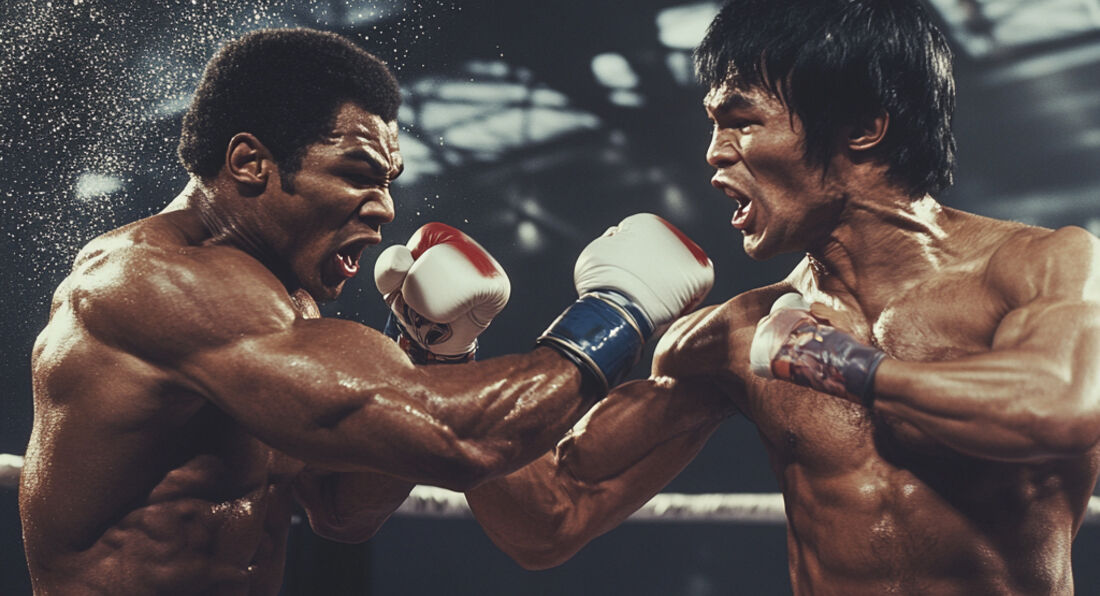The Knowledge > Better Health >
Thursday, 8th August 2024
The truth about sunscreen
All the facts you need to know
By LA Muscle on 08.08.2024 03:00 pm

Who Needs More Sunscreen?
Sunscreen is a critical component of skincare for everyone, regardless of skin tone or type. However, certain individuals may require more diligent application:
- Fair-Skinned Individuals: People with lighter skin tones have less melanin, the pigment that offers some protection against ultraviolet (UV) radiation. They are more susceptible to sunburn and long-term damage such as skin cancer.
- Children: Young skin is more sensitive to UV rays, making children particularly vulnerable to sunburn and subsequent skin damage.
- Outdoor Workers: Those who spend prolonged periods outdoors, such as construction workers, farmers, and lifeguards, need more frequent sunscreen application due to their increased exposure.
- Water Enthusiasts: Swimmers and surfers, who encounter reflective water surfaces that intensify UV exposure, also need to apply sunscreen more liberally and frequently.
- Individuals with Photosensitive Conditions: Some medical conditions or medications can increase sensitivity to UV radiation, necessitating higher levels of sun protection.
Tanning and Natural UV Protection
Contrary to popular belief, there is no safe period for tanning without sunscreen. Tanning itself is a sign of skin damage, as it results from the skin producing more melanin to protect against UV radiation.
The concept of relying on one's own body for sun protection after a certain amount of tanning is a myth. Melanin provides some defense, but it is not sufficient to prevent the harmful effects of UV radiation, which include premature aging, DNA damage, and increased risk of skin cancer. Thus, sunscreen should always be used when spending time outdoors, regardless of how tan one is.
The Sun's Strength Around the World
The intensity of the sun's UV radiation varies significantly based on geographic location, altitude, and season:
- Equatorial Regions: Countries near the equator, such as Brazil and Kenya, experience the highest UV radiation levels year-round due to the sun's direct angle.
- High Altitudes: Higher elevations, like the Andes or the Himalayas, have thinner atmospheres, which allow more UV radiation to penetrate.
- Summer Months: During summer, regions in both hemispheres receive more intense sunlight. For instance, Australia experiences extremely high UV indices in its summer months.
- Polar Regions: While the poles have lower UV radiation levels overall, the ozone layer’s thinning can lead to higher UV exposure during certain times of the year, such as the Arctic summer.
Understanding these variations is crucial for applying the right amount of sunscreen to prevent overexposure.
Nutritional Strategies for Sun Protection
Diet can play a role in enhancing the skin's natural defense against UV damage. Certain nutrients have been found to bolster the skin’s resilience:
- Antioxidant-Rich Foods: Consuming foods high in antioxidants, like berries, nuts, and leafy greens, helps neutralize free radicals produced by UV exposure.
- Omega-3 Fatty Acids: Found in fish, flaxseeds, and walnuts, omega-3s can reduce inflammation and may provide some protection against sunburn.
- Carotenoids: Vegetables like carrots, sweet potatoes, and spinach contain carotenoids (beta-carotene, lutein, and lycopene), which can improve the skin’s defense against UV radiation.
- Polyphenols: Present in green tea, dark chocolate, and grapes, polyphenols have anti-inflammatory properties that may help reduce UV damage.
- Vitamin D: While the sun is a primary source of vitamin D, obtaining it from dietary sources like fortified dairy products, fatty fish, and supplements ensures adequate levels without risking UV damage.
Sunscreen is a non-negotiable element of comprehensive sun protection for everyone, regardless of skin type or location. The myth that tanning can eventually replace the need for sunscreen is unfounded, as any tan indicates skin damage. Awareness of regional UV strength and incorporating sun-protective foods into the diet can further safeguard the skin. By combining these strategies, individuals can enjoy the outdoors safely while minimizing their risk of skin damage and long-term health issues.



























